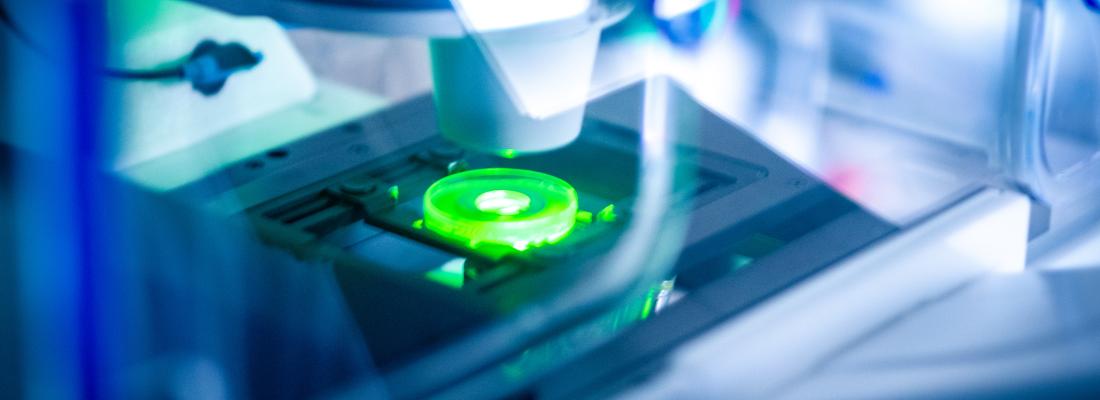Reading time 5 min
Engineering science and instrumentation
Updated on 02 January 2020

With a PhD or an engineering degree from a Grande École
Example I Researcher in instrumentation, robotics, and imagery
INRAE researchers in instrumentation, robotics, and imagery develop and use advanced technological tools from the fields of imaging, microscopy, remote sensing, and/or robotics to produce and interpret maps, models, and data with a view to improving biological and environmental processes. For example, using remote sensing and 3D models, researchers can obtain information from spatial studies of crop functioning that can then be used to protect soils.
In general, researchers must demonstrate the value of their scientific results. Value may be expressed in different forms depending on the field. Most commonly, researchers describe their discoveries in scientific publications, an important medium of communication within the scientific community. They often share their scientific expertise with national or international policy makers and/or the national or international scientific community. Researchers also train and teach students. Additionally, they may be responsible for managing technical, financial, and human resources.
| Degree requirement(s) | Portraits | Job offers |
|---|---|---|
| PhD (or equivalent) | Check out the portraits of our researchers (coming soon) | See our job postings |
Example I Specialist in experimental development
INRAE specialists in experimental development work to design, implement, and refine complex and specialised experimental tools. Their main tasks are to evaluate research needs; propose customised methods and techniques for measuring, characterising, and observing variables of interest; assess measurement constraints; design/improve the measurement process and the experimental process; coordinate the development process; verify and characterise measurement tools and methods; perform measurements; and analyse and verify the results of measurements.
Specialists in experimental development have a variety of responsibilities. For example, they must produce generic or operational knowledge, develop scientific tools for researchers to use, build socioeconomic and institutional partnerships, and provide expertise. Additionally, they may be responsible for managing technical, financial, and human resources.
| Degree requirement(s) | Filières de formation | Portraits | Job offers |
|---|---|---|---|
| PhD or engineering degree from a grande école (or equivalent) | The fundamental sciences | Check out the portraits of our researchers (coming soon) | See our job postings |
With 3–5 years of higher education
Example I Engineer in instrument design
INRAE engineers in instrument design are responsible for fully or partially designing instruments with various technical uses. They also supervise and coordinate the entire instrument development process. Their main tasks are quantifying instrument dimensions and performance; defining instrument specifications and procedures; writing up the technical specifications in the user manual; communicating with suppliers (e.g., to select suitable materials and procedures, negotiate prices and delivery dates, and coordinate and monitor the process until the acceptance tests); running test trials; and performing calibrations.
They help improve the experimental systems and protocols that they employ. They ensure that research methods and objectives are a good fit; they also analyse and communicate research results. Additionally, they may be responsible for managing technical, financial, and human resources.
| Degree requirement(s) | Filières de formation | Portraits | Job offers |
|---|---|---|---|
| Undergraduate degree, master's degree (or equivalent) | Measurement sciences, instrumentation, applied mechanics, optical engineering | Check out the portraits of our researchers (coming soon) | See our job postings |
